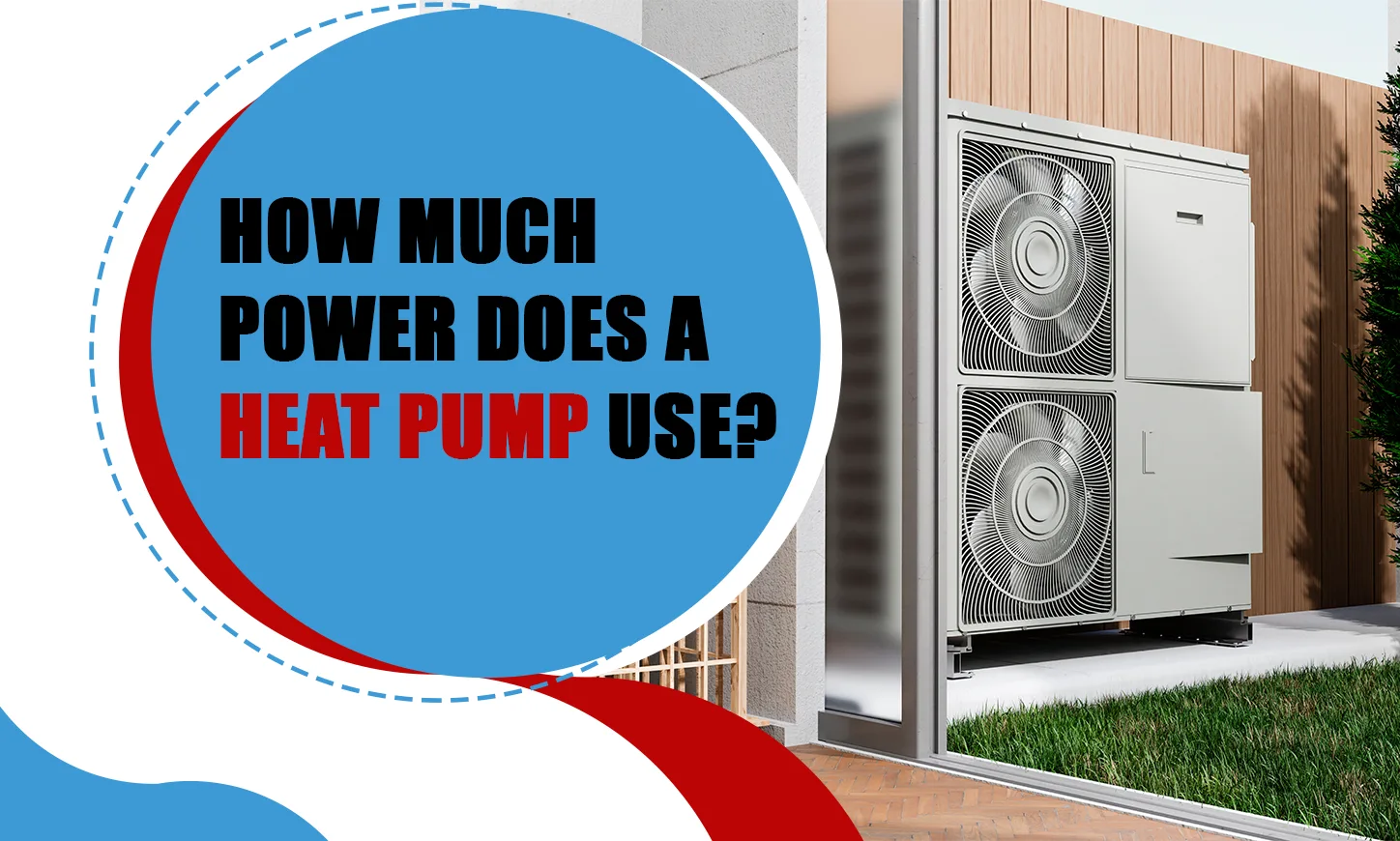Heat pumps are becoming increasingly popular for their energy efficiency and ability to provide both heating and cooling. However, a common question that arises among homeowners is, “How much power does a heat pump use?” Understanding the power consumption of heat pumps is crucial for managing energy bills and optimizing usage.
In this article, we will explore the factors affecting heat pump power usage, provide a detailed breakdown of power consumption, and offer tips to enhance energy efficiency.
What is a Heat Pump?
A heat pump is an energy-efficient system that transfers heat from one place to another. During winter, it extracts heat from the outside air and transfers it indoors.
In the summer, it reverses the process, removing heat from the indoor air and releasing it outside. This dual functionality makes heat pumps a versatile and economical choice for climate control.
Factors Affect Heat Pump Power Consumption
Understanding the power consumption of a heat pump involves considering several factors:
1. Type of Heat Pump
Different types of heat pumps, such as air-source, ground-source, and water-source, have varying power consumption rates. Air-source heat pumps are the most common and typically consume less power compared to ground-source heat pumps, which are more efficient but require more energy to operate.
2. Size and Capacity
The capacity and size of the heat pump, measured in British Thermal Units (BTUs) or kilowatts (kW), significantly influence power consumption. Larger units designed to heat or cool bigger spaces consume more power.
3. Temperature Settings
The set temperature also affects power usage. A higher temperature setting in winter or a lower setting in summer requires the heat pump to work harder, thus consuming more energy.
4. Insulation and Home Efficiency
Homes with better insulation and energy-efficient designs require less energy to maintain comfortable temperatures, thereby reducing heat pump power consumption.
Heat Pump Power Usage: An Overview
To provide a clearer picture, let’s look at the typical power usage of a heat pump:
| Heat Pump Type | Average Power Consumption (kW) | Estimated Annual Energy Use (kWh) | Annual Cost Range (NZD) |
| Air-Source Heat Pump | 2-4 | 3,000 – 7,200 | 870 – 2,088 |
| Ground-Source Heat Pump | 1.5-3 | 4,500 – 9,000 | 1,305 – 2,610 |
Heat Pump Usage Per Hour
The power consumption of a heat pump per hour depends on the model and its efficiency rating. On average, an air-source heat pump consumes around 2-4 kW per hour of operation. Ground-source heat pumps, being more efficient, use approximately 1.5-3 kW per hour.
Electricity Cost for Heat Pump Usage NZ
Electricity prices in New Zealand vary depending on the region and the provider. On average, the cost of electricity is about NZD 0.29 per kWh. Using this average rate, we can estimate the annual cost of running a heat pump.
Calculation Air-Source Heat Pump:
- Annual Energy Use: 3,000 – 7,200 kWh
- Annual Cost: 3,000 kWh * NZD 0.29/kWh = NZD 870
- Annual Cost: 7,200 kWh * NZD 0.29/kWh = NZD 2,088
Calculation Ground-Source Heat Pump:
- Annual Energy Use: 4,500 – 9,000 kWh
- Annual Cost: 4,500 kWh * NZD 0.29/kWh = NZD 1,305
- Annual Cost: 9,000 kWh * NZD 0.29/kWh = NZD 2,610
Therefore, the annual electricity cost for running a heat pump in New Zealand can range from approximately NZD 870 to NZD 2,610, depending on the type of heat pump and its usage.
Tips to Reduce Heat Pump Power Consumption
Reducing power consumption not only lowers energy bills but also extends the life of your heat pump. Here are some tips to optimise energy usage:
1. Regular Maintenance
Regular maintenance, such as cleaning filters and checking for leaks, ensures that the heat pump operates efficiently. Engaging Heat Pump Experts for servicing can help maintain optimal performance.
2. Optimal Temperature Settings
Setting the thermostat to an optimal temperature, such as 20°C in winter and 25°C in summer, can prevent excessive power consumption.
3. Use a Programmable Thermostat
A programmable thermostat allows you to set different temperatures for different times of the day, reducing unnecessary energy use when you are not home.
4. Improve Home Insulation
Improving insulation in your home can significantly reduce the workload on your heat pump, thereby lowering power consumption.
5. Install Energy-Efficient Windows
Energy-efficient windows reduce heat loss, keeping your home warmer in winter and cooler in summer, which helps in reducing heat pump power usage.
Conclusion
Understanding and managing the power consumption of your heat pump can lead to significant energy savings. By considering the factors affecting power usage and implementing the tips provided, you can optimise the efficiency of your heat pump.
For expert advice and professional servicing, consider reaching out to the Heat Pump Servicing team at Air Perfection, your trusted partner in maintaining a comfortable and energy-efficient home. By keeping these aspects in mind, you can ensure that your heat pump operates efficiently, providing the comfort you need while keeping energy costs in check.






